-

Carrie McDonald, Ph.D., ABPP/CN
Professor of Radiation Medicine and Applied Sciences and Psychiatry
Dr. Carrie McDonald, Ph.D., ABPP/CN is a Professor of Radiation Medicine and Applied Sciences and Psychiatry at UC San Diego and a board-certified clinical neuropsychologist. She is Co-Chair of ENIGMA-Epilepsy and a core Principal Investigator at the UC San Diego Center for Multimodal Imaging and Genetics. Dr. McDonald directs the Lab of Cognitive Imaging where her primary clinical and research interests surround using multimodal imaging and neuropsychological data to improve cognition outcomes in patients with epilepsy, brain tumors, and other neurological disorders. Dr. McDonald is a member of the ILAE Neuropsychology, Big Data, and Seizure Network Task Forces and she leads the ILAE International Classification of Cognitive Disorders in Epilepsy (IC-CoDE) initiative.
-
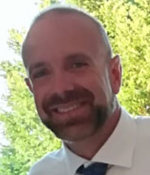
Donatello Arienzo, Ph.D.
Research Data Analyst
Dr. Donatello Arienzo is a Research Data Analyst at LOCI within the Center for Multimodal Imaging and Genetics at the University of California, San Diego (UCSD) and an Adjunct Professor at San Diego State University (SDSU). Originally from Italy, he graduated in 2007 in Neuroscience with a joint Ph.D. Program between Chieti University, Italy, and Columbia University Medical Center in New York. He has a background in neuroscience and experience in designing, implementing, and analyzing functional and structural neuroimaging data with an emphasis on brain networks. In particular, he applies advanced brain imaging techniques such as Diffusion Tensor Imaging (DTI) and functional Magnetic Resonance Imaging (fMRI), to study neural circuits underlying cognitive and affective functions especially in the context of brain lesions in epilepsy patients. He is managing the International Imaging consortium' s project, ENIGMA-Epilepsy where Dr. McDonald, the PI of LOCI is the Co-Chair.
-
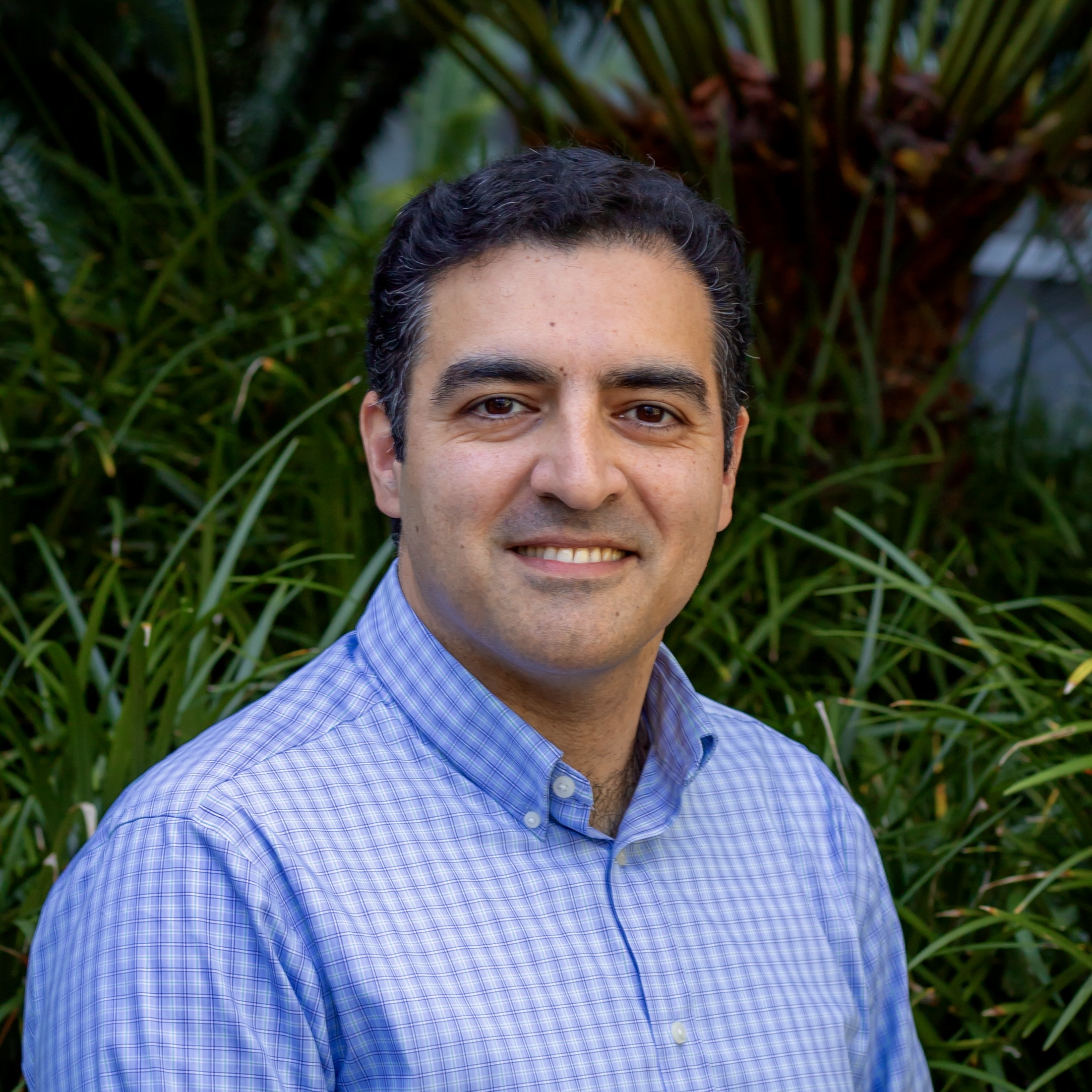
Taha Gholipour, M.D.
Associate Professor of Neurosciences
Dr. Taha Gholipour is a neurologist and a member of the UCSD Comprehensive Epilepsy Center and CMIG. He conducts patient-oriented research that involves neuroimaging and electrophysiology. A specific interest of the Gholipour Lab is using resting state functional MRI in mapping brain networks and develop biomarkers to better understand focal epilepsy, and to improve the outcomes of surgical treatments in patients with epilepsy. As part of LOCI, he is involved in clinical aspects of several research projects, and is a member of the ENIGMA-Epilepsy consortium.
-
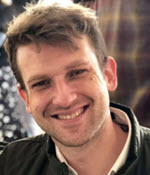
Erik Kaestner, Ph.D.
Postdoctoral Fellow
Erik Kaestner is a researcher focusing on multi-modal imaging, neurophysiology, and machine learning approaches to understanding neural function in patients with epilepsy. He received his Ph.D. from the Department of Neurosciences at the University of California San Diego (UCSD), studying under Eric Halgren on the study of using intracranial electrophysiology. This work was funded by a Graduate Research Fellowship from the National Science Foundation. His postdoctoral work with Carrie McDonald has focused on understanding the effects of epilepsy on the brain and cognitive function with a focus on cognitive outcomes post-neurosurgery. This work was funded by the Biological Psychiatry T32 program at UCSD. His research is now focused on two directions: 1) Using neurostimulation to map memory function (this work is funded by a K01 from the National Institute of Neurological Disorders and Stroke) and 2) using convolutional neural networks to identify the signature of epilepsy pathology from structural neuroimaging.
-

Alena Stasenko, Ph.D.
Postdoctoral Fellow
Alena is a postdoctoral fellow in the Department of Psychiatry at UCSD under the mentorship of Carrie McDonald. Alena received her Ph.D. in Clinical Psychology from the SDSU/UCSD Joint Doctoral Program, under Tamar Gollan’s mentorship in the area of language production, bilingualism, and aging. Alena has expanded this line of work to understand the effects of bilingualism on cognition and underlying neurobiology in epilepsy. One of her goals is to improve language assessment and functional language mapping of the growing number of bilingual surgical patients. Another goal is to understand mechanisms of cognitive reserve and neuroplasticity in neurological disease, and to determine which variables best predict post-surgical outcomes. Alena is a Trainee Representative of the Epilepsy Special Interest Group of the International Neuropsychological Society. She is an English-Russian bilingual and an aspiring Spanish learner.
-
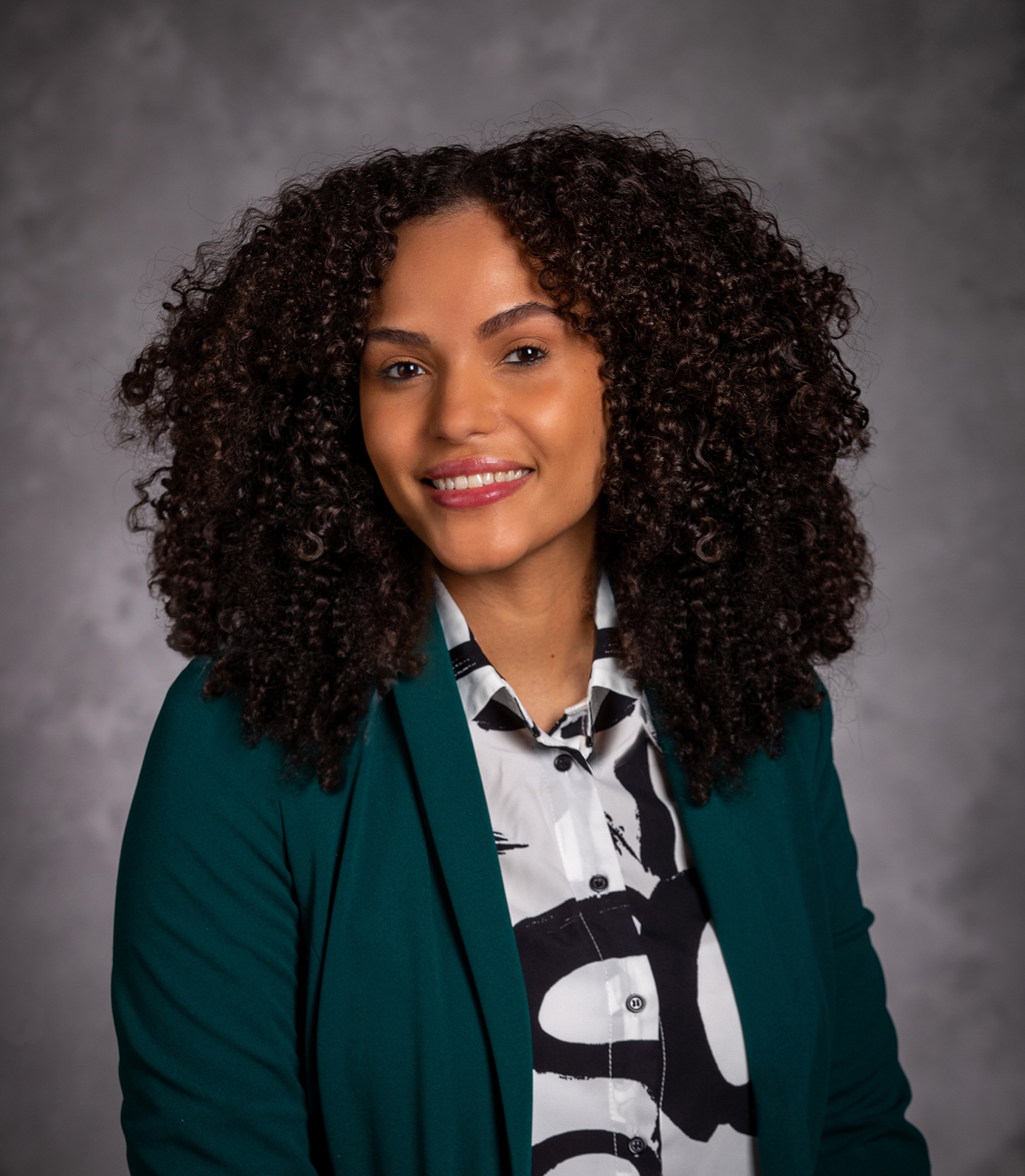
Anny Reyes, Ph.D.
Postdoctoral Fellow
Anny Reyes, Ph.D. is a neuropsychology postdoctoral fellow in the Department of Radiation Medicine and Applied Sciences at UCSD. She completed her doctoral degree in clinical psychology specializing in neuropsychology at the SDSU/UC San Diego Joint Doctoral Program and her neuropsychology internship at Emory School of Medicine. Dr. Reyes’ research interests include examining cognitive diagnostic frameworks, validating the cultural applicability of neuropsychological tests and diagnostic approaches, and examining the impact of social and structural determinants of health on cognitive outcomes. Her program of research will focus on promoting brain health equity via the development and implementation of lifestyle, behavioral, and cognitive interventions to help prevent dementia or slow the progression in diverse and underserved populations. Clinically, she is interested in cultural neuropsychology and offering clinical services to Spanish-speaking patients. At the leadership level, Dr. Reyes has focused on increasing diversity within neuropsychology and neuroscience via mentorship and recruitment initiatives.
-
Jiwandeep Kohli, Ph.D.
Postdoctoral Fellow
Jiwan does interdisciplinary research using multimodal neuroimaging techniques, neuropsychological assessment, and advanced quantitative methods to study both etiology and outcomes in neurodevelopmental and neurological disorders across the lifespan. His current work employs these approaches to study changes related to epilepsy and brain tumors. He completed his PhD in the SDSU/UC San Diego Joint Doctoral Program in Clinical Psychology, where his research examined changes in brain anatomy, function, and cognitive abilities as individuals with autism enter middle and older age. The overall goal of this work was to help determine which factors (neural, cognitive, behavioral, etc.) together best predict long-term neurocognitive and functional success or decline. Jiwan is broadly interested in methods that allow us to draw improved links between brain structure, function, and cognition in heterogeneous conditions.
-
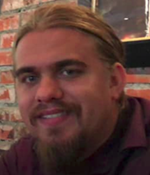
Adam Schadler, M.A.
Research Associate
Adam Schadler received his M.A. in Psychology at San Diego State University (SDSU). Under the mentorship of Dr. Ruth Carper and Dr. Ralph-Axel Müller, his graduate research focused on the study of white matter characteristics of individuals with Autism Spectrum Disorders (ASDs). His interests lie in understanding how neurophysiology correlates with behavior, particularly how neuroplastic changes contribute to improvements in mental and emotional functioning.
-
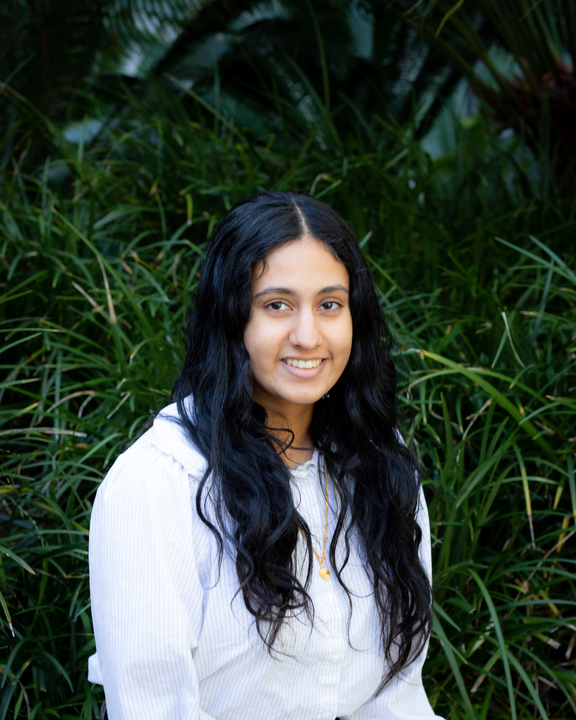
Divya Prabhakaran, B.S.
Research Associate
Divya Prabhakaran graduated from Vanderbilt University with a Bachelor's in Cognitive and Computer Science. She is currently a research assistant on the BrACE (Brain Aging and Cognition in Epilepsy) study. Divya's broadly interested in cognition, brain health and aging, and is interested in combining computational methods with neuropsychology research. She plans to pursue graduate studies in Fall 2024.
-
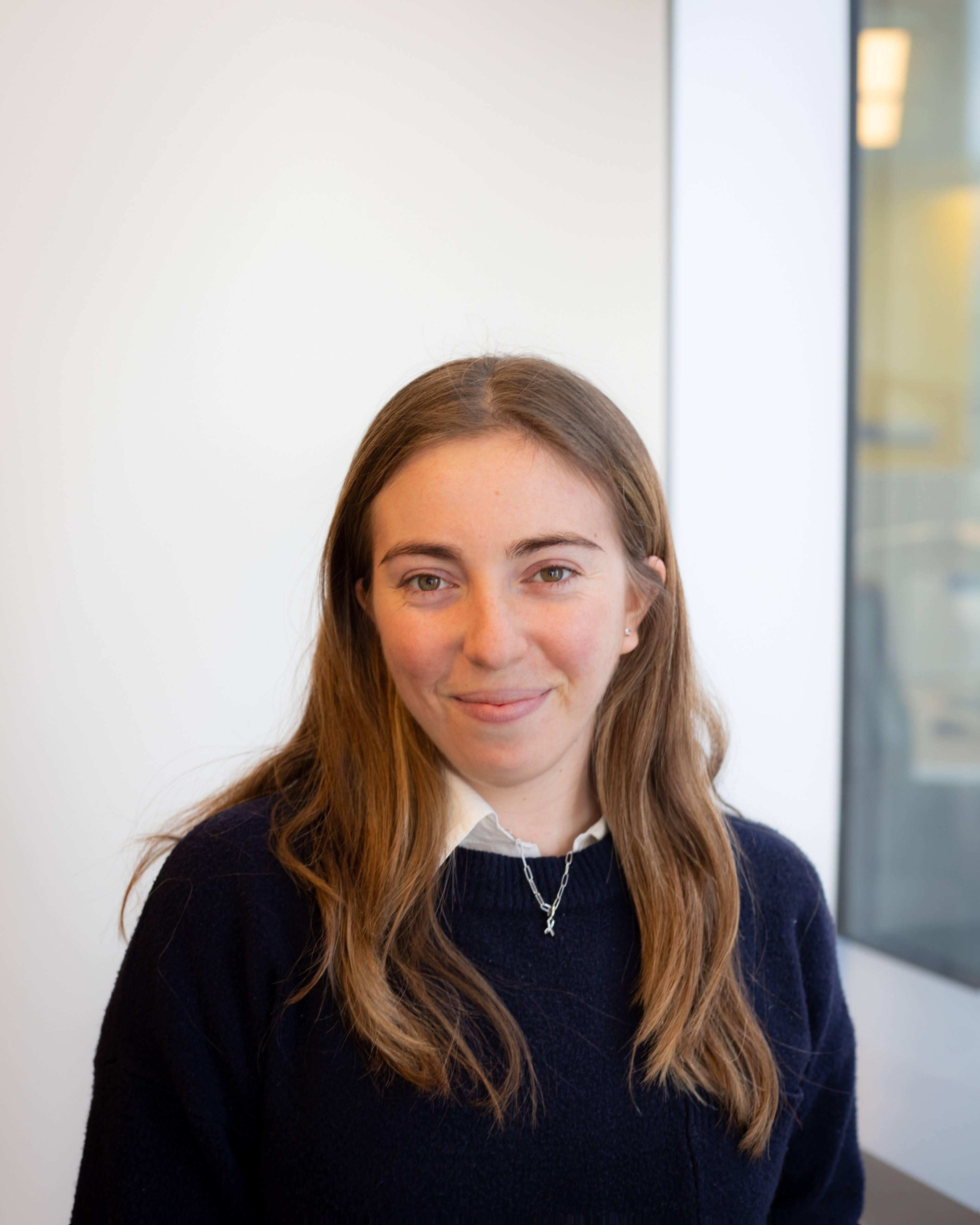
Natalia Menendez, B.S.
Research Associate
Natalia graduated from UCSD with a Bachelor's in Cognitive and Behavioral Neuroscience. She's a Spanish/English bilingual Research Assistant focused on exploring cognition in diseases that involve the central nervous system. Originally from Mexico, she is also interested in working with the Latino community and advancing disparities research. She would like to pursue a graduate program in Clinical Neuropsychology focused on cognitive impairment across different diseases like Alzheimer's Disease, HIV Epilepsy, and Cancer. In her free time, Natalia enjoys doing yoga, going to the beach, and volunteering with the Leukemia and Lymphoma Society.
